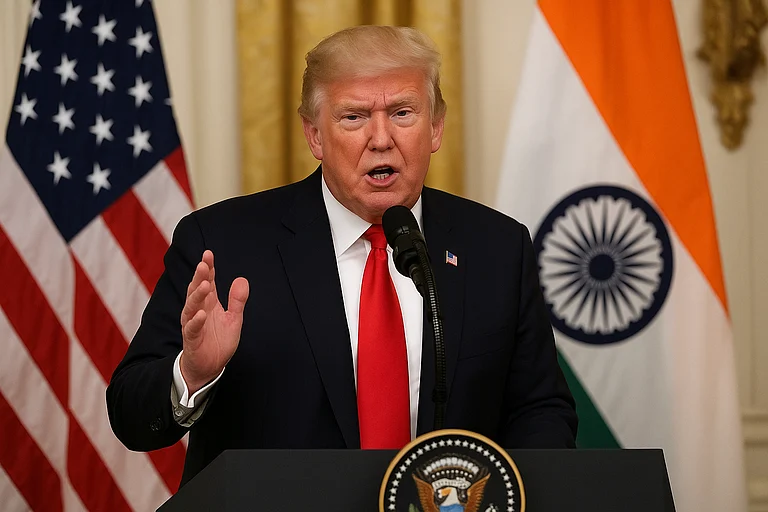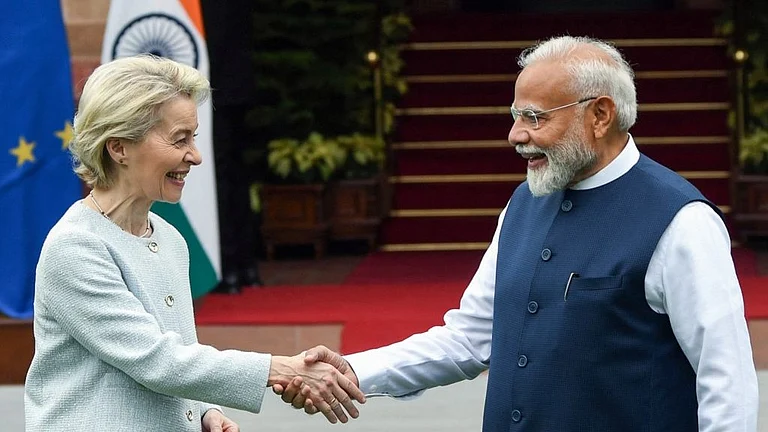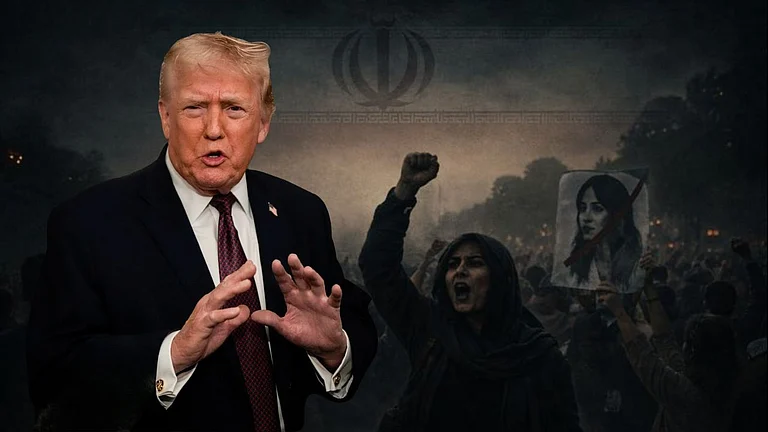The United States is set to vote on November 5, 2024, Election Day, to elect its next President, with the race tightening between Democrat candidate and incumbent Vice President Kamala Harris, and Republican candidate and former President Donald Trump.
Early voting has already begun, with the final votes scheduled for submission today. However, the timing of the results is a key concern due to varying state rules for counting ballots. Some states may experience delays or legal challenges, thus making it difficult to determine when the final results will be known.
Counting typically begins as soon as voting ends in a state, but the winner of the popular vote is only announced once all the ballots have been tallied. Key swing states may take longer to declare their results, potentially causing delays in the overall announcement of the presidential winner.
The official President-Elect is not determined until the electoral votes are counted, as projections based on the popular vote are not the final verdict. Therefore, while voters may have a general idea of the winner by late election night, the official results may take longer to determine, depending on state rules and potential legal challenges.
Incidentally, this election is being considered as one of the most uncertain in recent US history, with almost no clear frontrunner. The contest is said to be highly competitive, with strategic focus by both candidates on key battleground states, particularly in the Great Lakes region and the eastern US, according to an article in BBC News.
However, the outcome of the election will be crucial in shaping future US policies, which will also have global ramifications, including India, and on sectors as wide ranging as stock markets, cryptocurrency, trade, immigration, among others.
Ramifications In Indian Stock Market
The outcome of the 2024 US presidential election, whether Donald Trump or Kamala Harris wins, is expected to have a big influence on Indian stock markets, albeit in different ways.
A Trump victory could potentially boost market enthusiasm, while a Harris victory could provide stability and growth opportunities through diplomatic cooperation and multilateral engagement.
1] If Harris Gets Elected As President
A Kamala Harris administration, with its focus on multilateralism and global cooperation, could stabilise global trade relations and also provide a predictable environment for the Indian markets. Her emphasis on climate change, clean energy, and social equity could spur investment in green technologies, thus benefitting Indian companies in the sector. However, her progressive domestic agenda could lead to higher corporate taxes in the US, potentially dampening global market sentiment.
Harris’ Stance On India: Kamala Harris, the daughter of an Indian-born mother and Jamaican father, has acknowledged her Indian heritage, but often identifies herself more with the Black community. Despite not visiting India as Vice President, she appreciates the country’s rich culture and heritage, especially during her Diwali celebrations in the US
Harris’ Stand On Jammu And Kashmir: Kamala Harris had criticised the Indian government’s decision to revoke Article 370 in Jammu and Kashmir in 2019, and has also highlighted her concerns about India’s domestic policies.
Strategic Relations With India: Kamala Harris has played a crucial role in strengthening US-India relations under the Biden administration, enhancing the QUAD alliance to counter Chinese influence in the Indo-Pacific region, along with finalising crucial defence agreements, including the sale of Predator drones, while also supporting India’s rivalry with China in regional security.
Stance On China: Kamala Harris, if elected President, is expected to focus on curbing China’s economic and military influence, aligning with India’s security concerns in the South China Sea and Taiwan, as she has consistently opposed China’s assertiveness in these areas.
H-1 Bias And Trade Policy: Kamala Harris is expected to maintain the Biden administration’s open approach to immigration, particularly with H1-B visas, which could benefit Indian professionals seeking opportunities in the US. On trade, she is likely to maintain the current stance.
Indian Heritage: Kamala Harris has acknowledged her Hindu heritage, but has not emphasised it in her political career. Her identity is more associated with the African-American community than her Indian roots. However, she has expressed pride in her Indian background in personal reflections about her upbringing and her mother's influence.
2] A Trump Victory
A second Trump term could potentially benefit Indian markets, especially in sectors, such as IT, pharmaceuticals, and defence.
Trump’s “America First” policies could encourage US companies to move supply chains out of China, thus benefiting India as a manufacturing alternative. Strengthening defence ties through joint exercises and arms deals could also boost India’s defence sector. However, his aggressive stance on trade, particularly tariffs, could create volatility in export-driven industries.
Trump’s Equation With India And Modi: Former President Donald Trump has had a good relationship with Prime Minister Narendra Modi. He had visited India in 2020 on an official visit. Prior to this visit, Trump had hosted Modi in the US during the Howdy Modi event in Texas.
Commitment To Strengthening US-India Ties: Trump has stressed his commitment to strengthening the “great partnership” between the United States and India, describing Prime Minister Narendra Modi as a “good friend” and promising to improve relations if elected.
Stance On Violence Against Hindus In Bangladesh: Trump has denounced the recent violence against Hindus and other minorities in Bangladesh following the ouster and/or abdication of Bangladesh Prime Minister Sheikh Hasina, something on which India has also raised concerns.
Criticism Of India About Tariffs And Trade: Trump had recently lashed out at India’s trade tactics, calling India a “big abuser” of tariffs. He, however, complimented Modi as a “fantastic man” in the same breath.
Nationalist Policies: Both Trump and Modi have strong nationalist agendas centred on domestic growth, economic nationalism, and border security. Trump’s “America First” vision complements Modi’s “India First” approach.
Effects Of Trump’s Economic And Trade Policies On India: A Trump administration might pressure India to lower trade barriers, particularly in sectors such as IT, pharmaceuticals, and textiles that export to the US.
Defence Cooperation Likely To Deepen Under Trump: Trump’s attitude on China is consistent with India’s security concerns, with a potential rise in defence cooperation, such as joint military drills and arms sales.
Immigration And H-1B Visa Policies May Affect Indian Professionals: Trump’s tight immigration policies, particularly those involving H-1B visas, may have an impact on Indian professionals in the United States, particularly those working in the technology industry.
Trump’s Geopolitical Policies And Their Impact On South Asia: Trump’s views in South Asia, especially a harsh stance on terrorism, may accord with India’s security objectives, while his attitude to Pakistan may remain a balancing act.
Strategic Timing Of Trump’s Message To Indian Diaspora: Trump’s message to the Indian Diaspora comes at an important time in the light of the situation in Bangladesh. Notably, Hindu American groups have also lauded him for raising voicing against the violence against Hindus and other minorities in Bangladesh.
Indian-American Perspective On Harris’s Presidency
Indian-American Congressman Raja Krishnamoorthi has said that Harris’s election would strengthen US-India relations due to her Indian heritage and personal ties. However, foreign affairs expert Indrani Bagchi has said that her approach may not drastically alter US-India relations, as her previous comments on India were not aligned with India's position on certain issues, according to a report in Hindustan Times.














